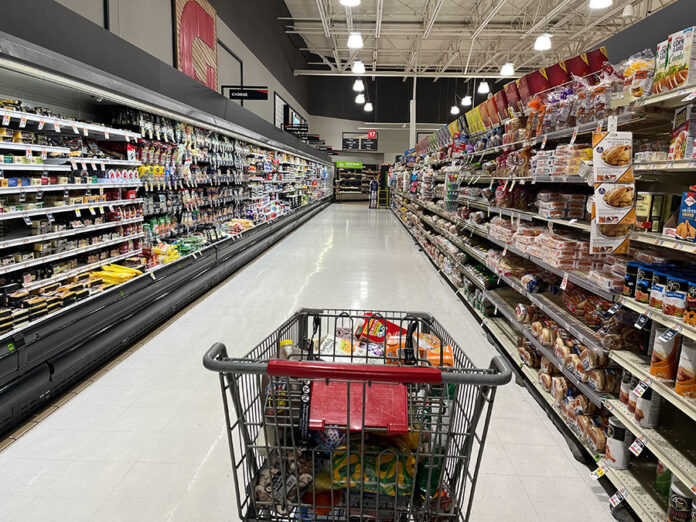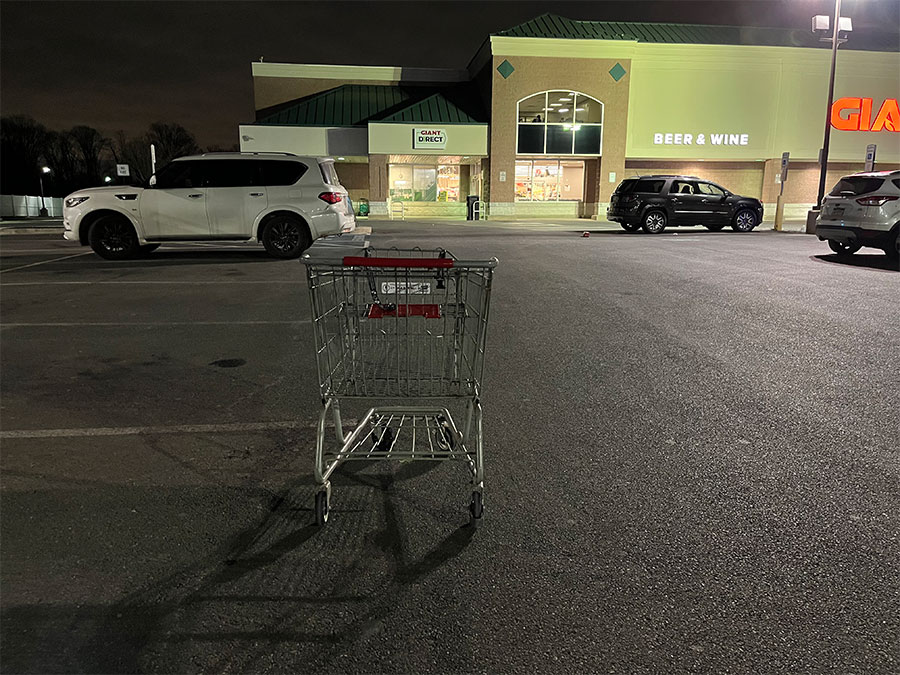
The issue of food insecurity touches the lives of one out of every ten households, creating a complex web of challenges related to hunger, food deserts, and access to nutritious food. Despite the United States producing approximately 4 billion metric tons of food annually, the stark reality is that a significant portion of the population needs help to consistently secure affordable, healthy sustenance.
Addressing the problem of food insecurity in Philadelphia involves understanding its root causes. Poverty and systemic challenges are crucial in limiting access to affordable housing, healthcare, education, and employment in specific neighborhoods. As a result, nearly 250,000 people in Philadelphia are considered food insecure, facing challenges beyond mere physical hunger.

«Over the last couple of years, everything has worsened for us. The money we earn is no longer sufficient to purchase the food we used to buy and cover the rest of our monthly bills. Even the local corner stores have raised their prices. Job instability is a significant factor that has impacted on our current situation. We are grateful to the churches around our home for their food distribution programs, which have been instrumental in ensuring we still have food on our tables.» Yesenia and Aldo Bru, residents of Northeast Philadelphia
The city responds to this issue through federal cash assistance programs, food distribution systems, and community-led initiatives such as farms, gardens, and refrigerators. These efforts intend to bridge the gap caused by rising food prices and exacerbated by inflation.
In neighborhoods like North Philadelphia, the impact of COVID-19 and inflation is evident. Esperanza has a food distribution program to support the community on the second Thursday of every month. «The money that I have is not enough for me to buy my food. One week, I can afford some food and can’t buy what I need for several weeks. I got food from Esperanza and am grateful to them.» Silvia Cervantes, a North Philadelphia resident said.

Food insecurity is not solely about the physical absence of grocery stores; it extends to economic factors that influence mental health, brain development, and overall well-being. Poverty and discriminatory systems contribute to a cycle where children experience food insecurity struggle in school, leading to long-term economic challenges. «As a homeowner in Philadelphia, I’ve experienced the impact of food insecurity. It’s a challenge that transcends all ethnicities, emphasizing the necessity for collective efforts to address this pressing issue in our community.» Daniel Tellez, a South Philadelphia resident said.
Philadelphia faces the grim statistics of 16 out of every 100 households experiencing food insecurity, with Black and Latino households disproportionately affected. Approximately 71% of food-insecure households in the city have incomes below the federal poverty line, highlighting the deep connection between economic status and food access.






